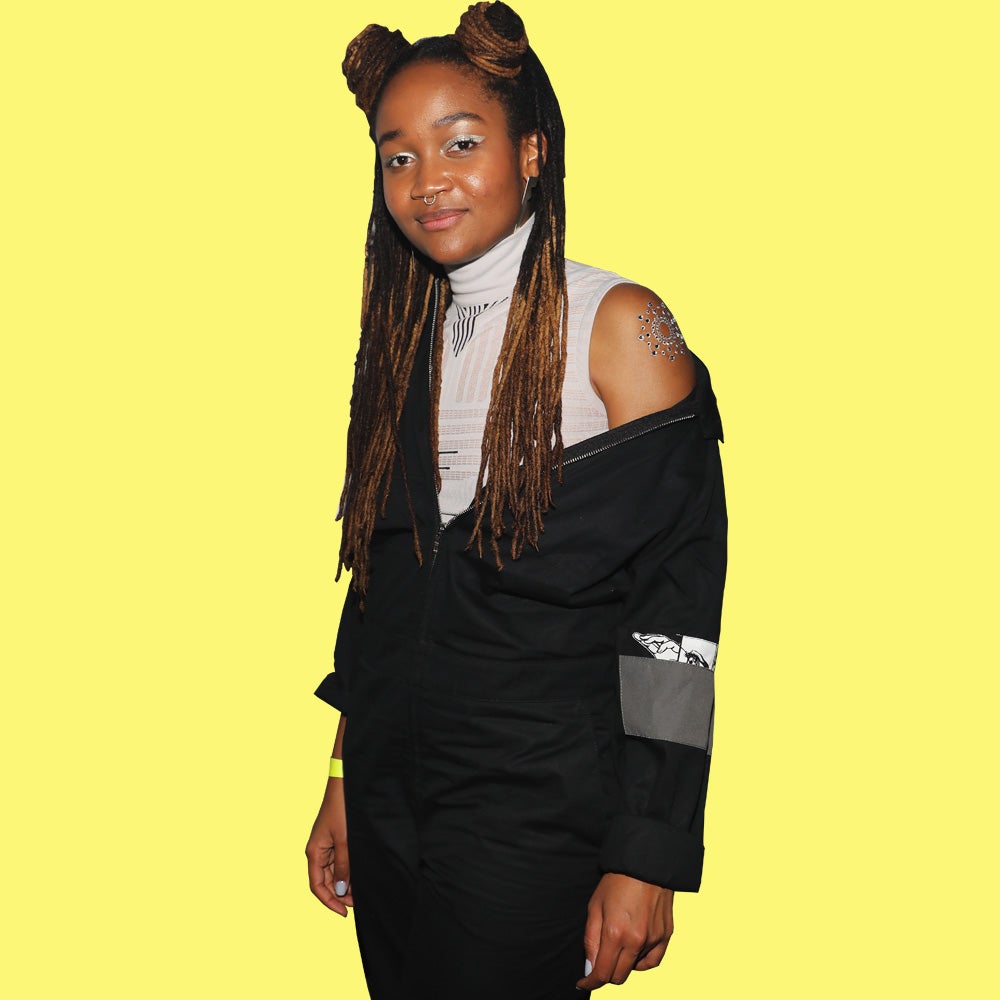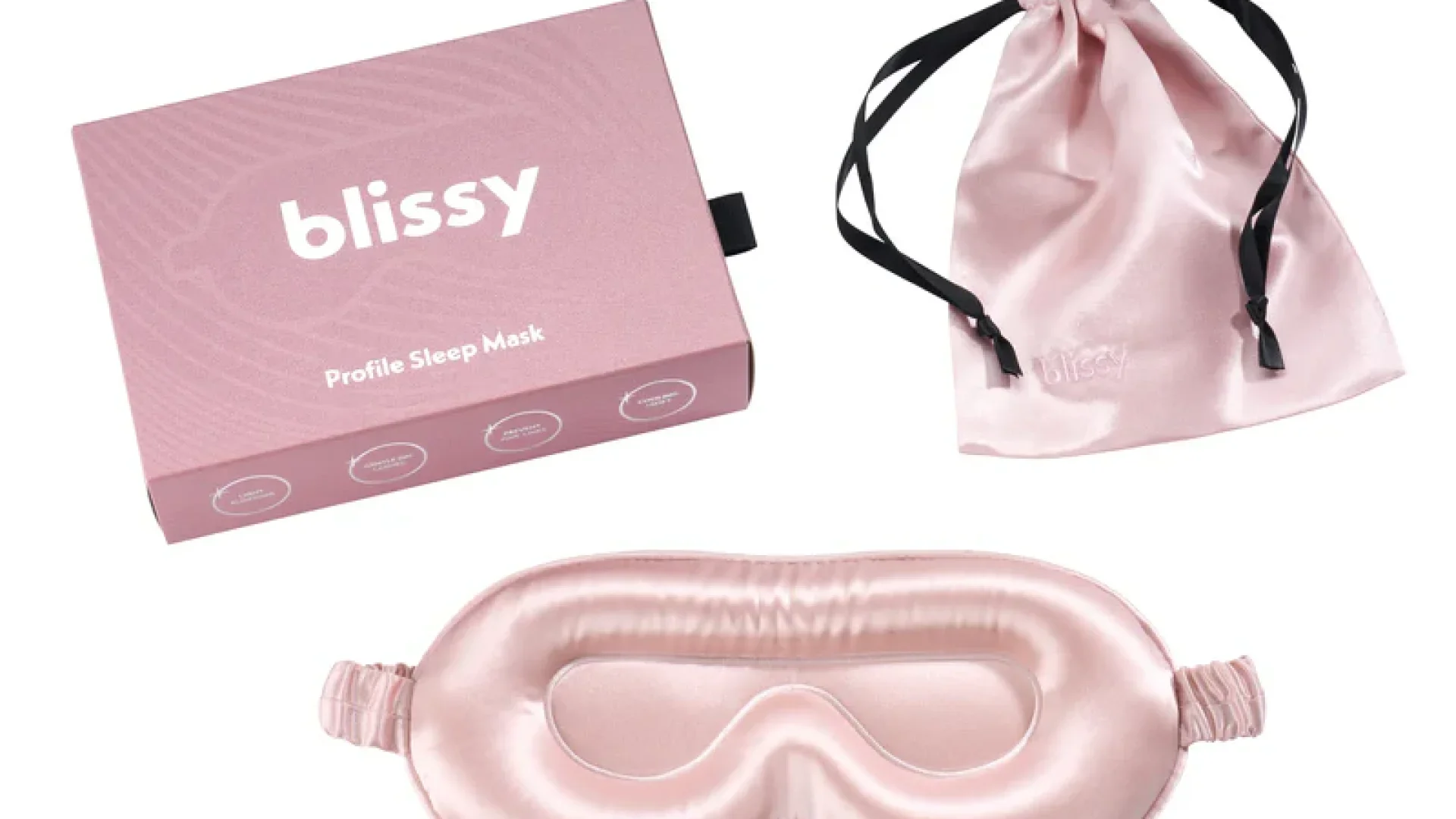
Kimberly Drew is one of those inspiring women you have an incredibly difficult time describing.
The label influencer doesn’t quite fit, despite Drew having more than 170 thousand followers on Instagram; it feels a bit too shallow. While the term art critic also feels off base: by day Drew runs the social media accounts for New York City’s prestigious Metropolitan Museum of Art. But if one was to attempt to label the multihyphenate, something along the lines of socially conscious art activist is a solid attempt.
Unlike so many with her level of influence, Drew is hyperaware of her platform and is thusly committed to using it to both inspire and challenge the current state of affairs. To say it plainly, and in her own words: she gives a damn. In her latest project with Mercedes-Benz the activist teams up with creatives, including Solange and Slick Woods, to celebrate innovation and the future. ESSENCE chatted with Drew about Black women and what it means to be beautiful.
In the years since the explosive re-celebration of natural hair in the mid to late 2000s many women of color have come to embrace, and wear, their hair in all of its curly and kinky glory. And while there is certainly no right or wrong way to wear your hair, every woman should be afforded the opportunity to freely wear it as they please, free of judgment and repercussions. However, as we’ve has previously shared, that is not the case for many women when it comes to wearing their natural hair in the workplace.
Drew, whose shoulder-length locs are often swept into a beautiful face-framing style, wants Black women everywhere to feel comfortable fully embracing their beauty. “My heart wants to encourage everyone reading this to work in places that support and uplift you, but unfortunately that isn’t a reality for many of us. All I can encourage anyone to do is adore your tresses and features because they deserve our love, even if the world cannot see it yet,” she tells ESSENCE.
She acknowledges the shared experience had among many Black women when it comes to our hair. “I think most women of color have been pet by strangers and that’s why Solange and her visuals resonate,” Drew says. Like too many of us, she too has had the unnerving experience of someone touching her hair without permission.
“Last year, before the Met Gala began a cameraman on the carpet touched my hair. I was in Commes des Garcon and feeling myself and someone touched my hair and I felt awful,” she shares. The interaction left her feeling extremely violated, but it also forced her to think about the concept of beauty in a new way.
“Beauty and specifically Black women’s beauty is as much about what we put out as what we get back. I do everything in my power to emit more light so that Black women can catch the glow,” she says.
Drew fully acknowledges the immense power held by someone in her position, and does not take lightly the fact that she can deem people and images beautiful. “I love how beauty can be a weapon for transformation and storytelling. It’s not about perfection in the way I once thought it was,” she shares.
When it comes to what she hopes for the future Drew says, “I hope the beauty industry continues to expand who it serves and who it represents. I want the future to be bold, complex and ready for a variety of bodies. We have to build that framework now.” And that’s something everyone can and should get behind.





